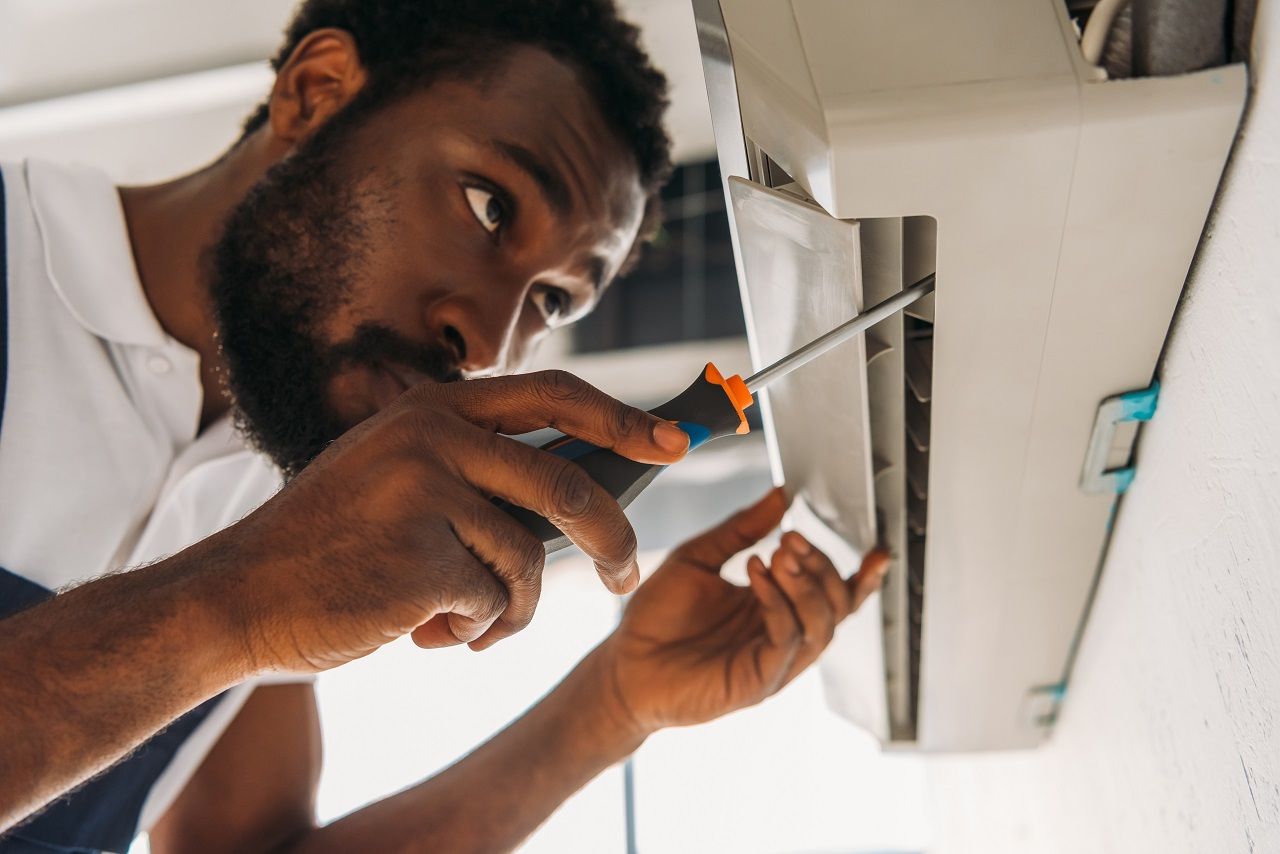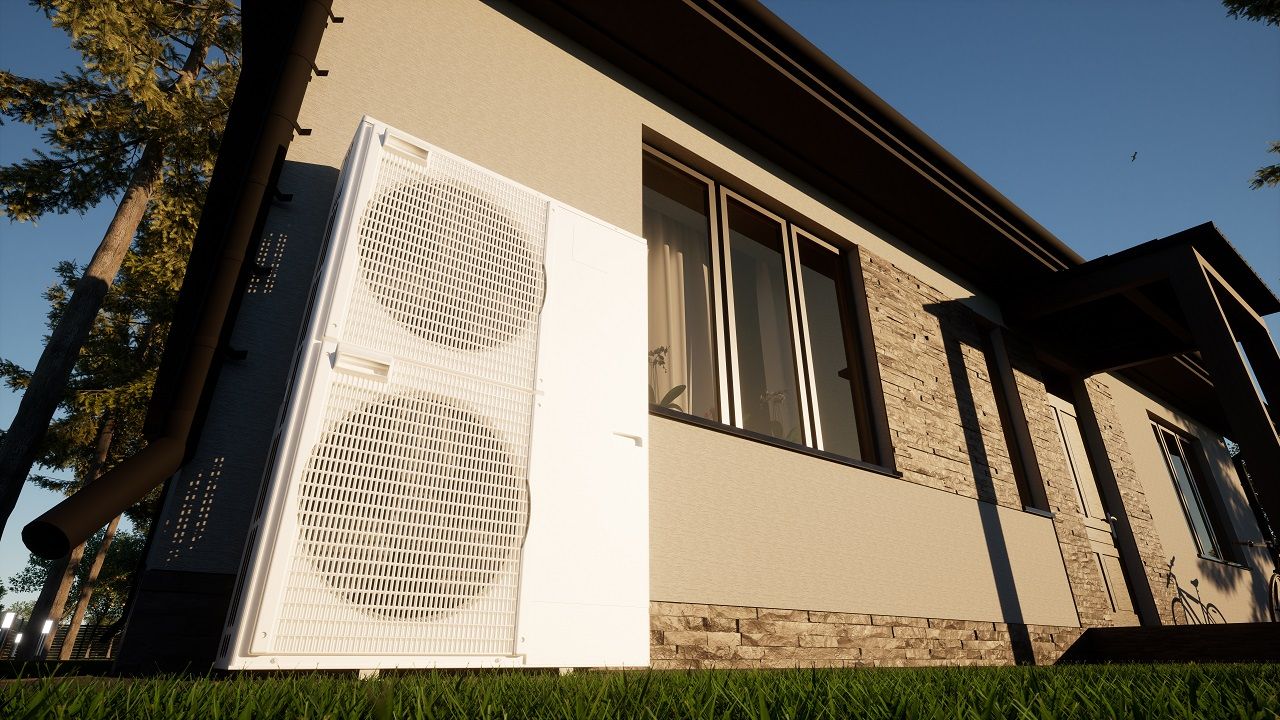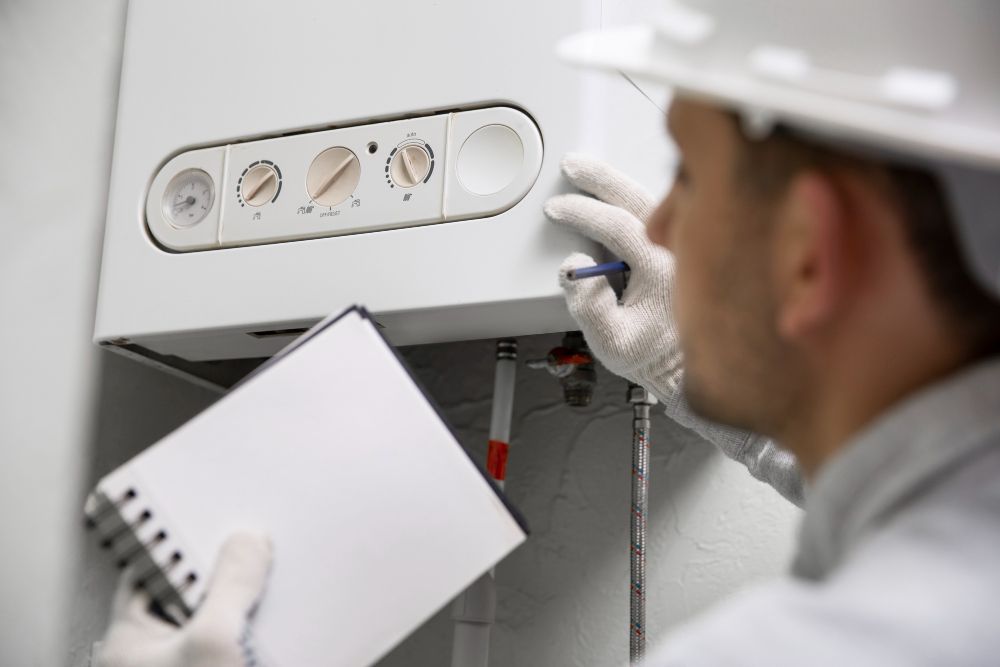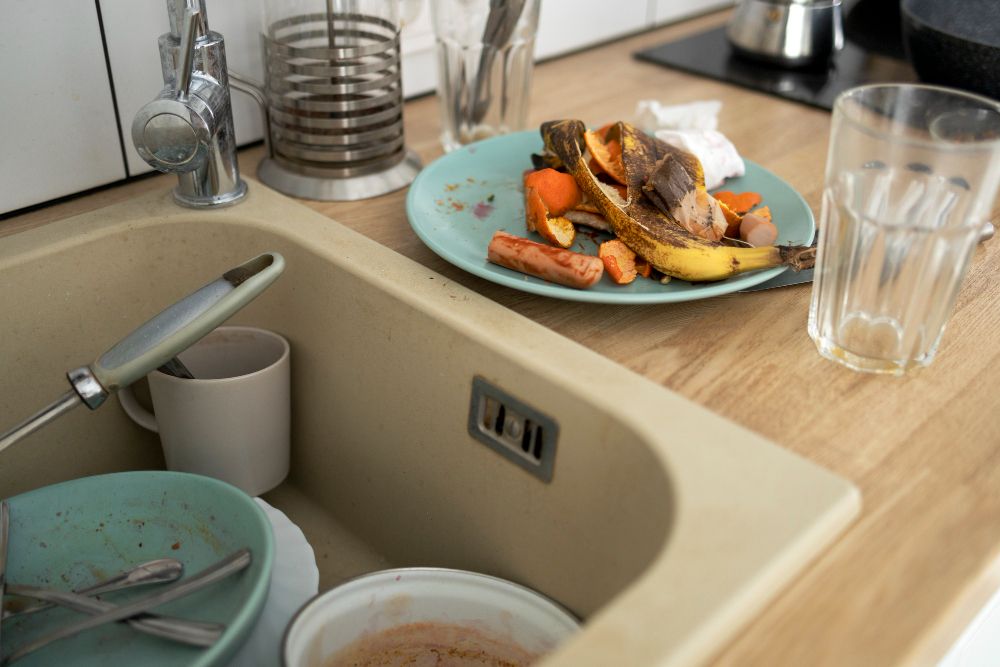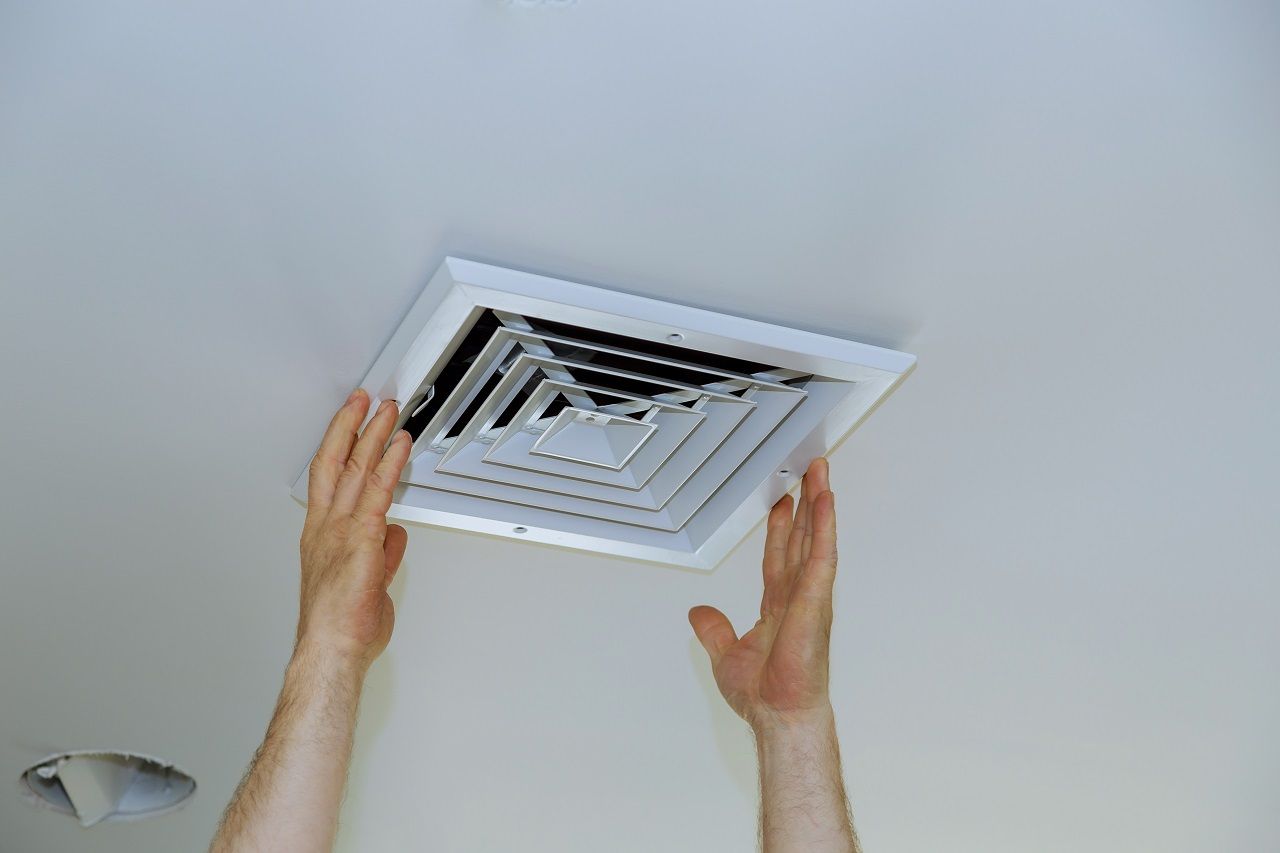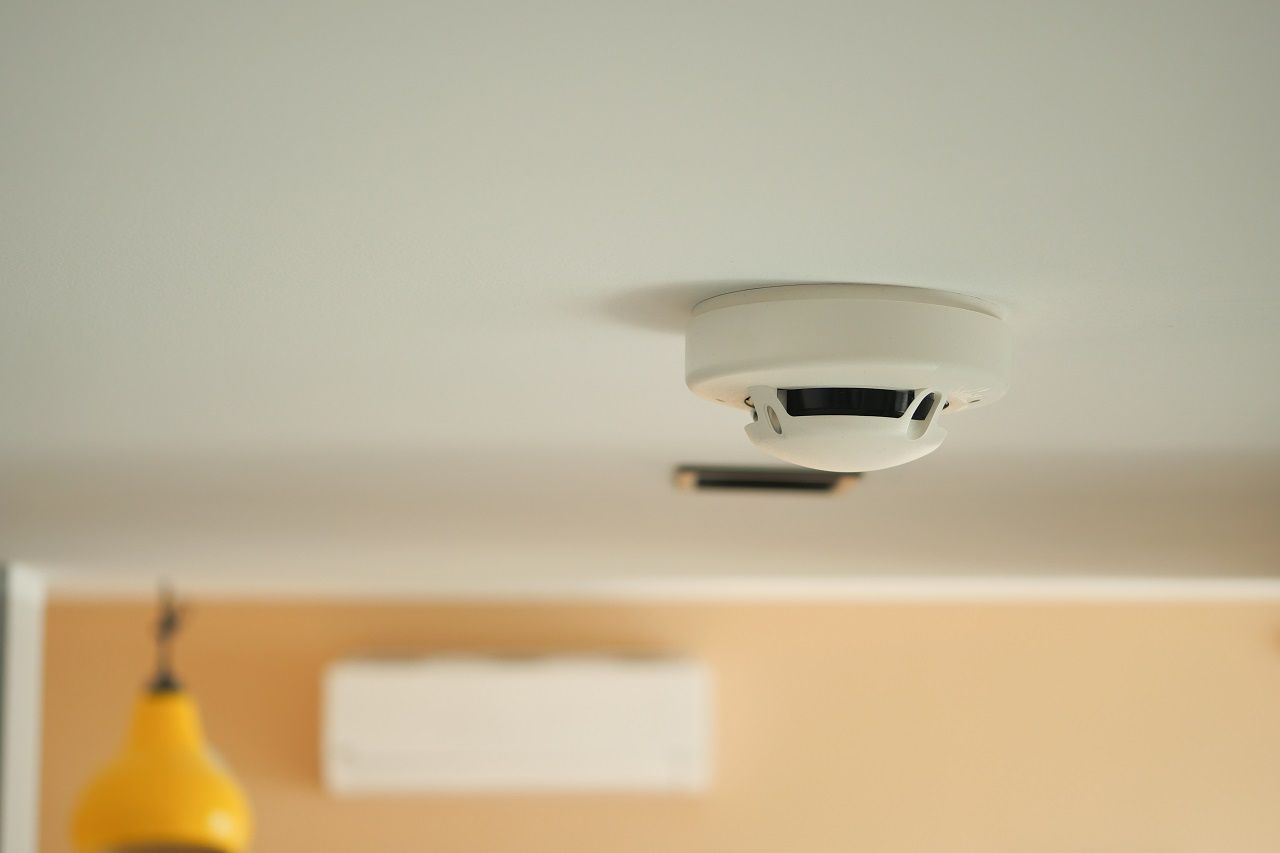How to Choose the Best A/C for Your Home
IMPORTANT NOTE: . Our company is located in British Columbia, Canada. If you are reading this article in another location, we hope you enjoy the information, but unfortunately we cannot service you.
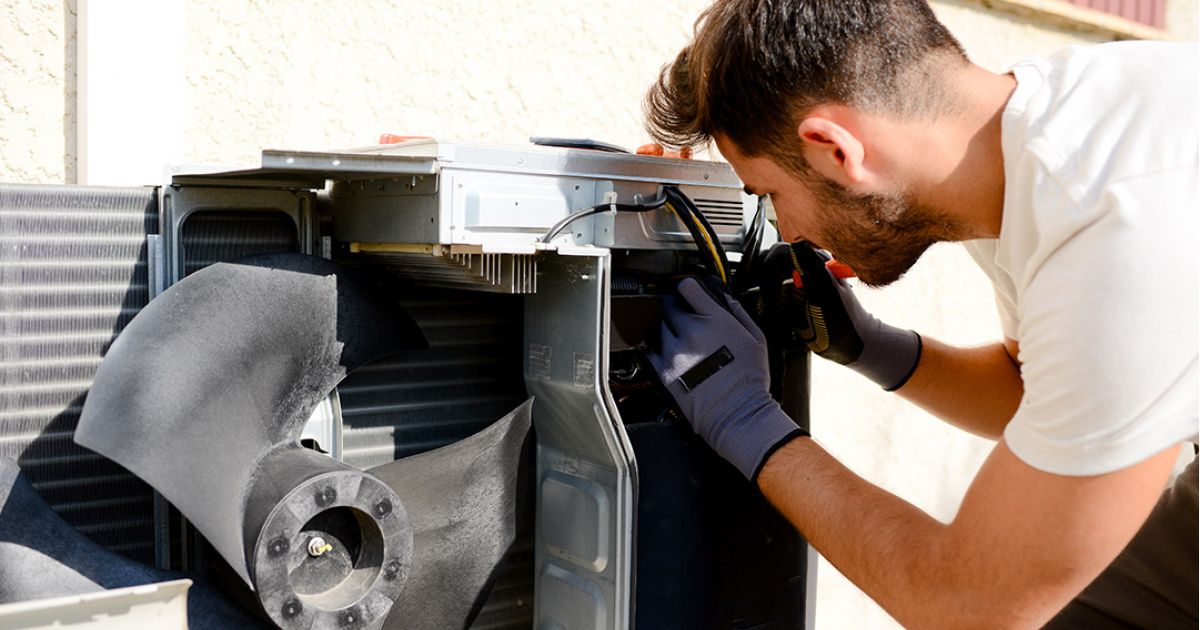
You may not realize it given the cold temperatures outside, but now is actually a great time to start thinking about your home’s A/C. Why? Because winter is the high season for furnace maintenance and repairs, but it’s a low season for air conditioning—early spring, too, is a great time because that’s a less busy time of the year for us technicians to install new equipment.
If this is the year you finally have had enough of living with the heat using only a fan to cool you down, then now is a good time to start getting A/C! Here are some of our tips on how you can best choose the new air conditioning for your home.
Types of A/C
There are several types of air conditioning that can be installed in a home, but choosing the right one is what will really matter at the end of the day. These are the most common units that are worth considering:
Central: this is the most commonly installed form of A/C in homes, and many homes already come pre-built with central. These systems use refrigeration technology (yes, just like your fridge) to cool the air down. It does this using the following identical components: a condenser unit, an evaporator coil, an air-handling unit with a blower and fan, and its own unique system of ductwork so it can exchange room air with chilled air. The condenser sits outdoors while the air handler is usually located in the garage, attic, or basement, with ductwork routed through the attic or basement and the walls throughout the house.
Heat Pumps: these are a certain variable of central air conditioning. The difference between the heat pump and regular central A/C is that you can reverse the settings so that it heats up your home in the winter as well as cool it down in the summer.
Ductless, Mini Split: these A/C units are more commonly used for homes that have been retrofitted. They’re better suited for homeowners who’d rather cool one or more individual rooms rather than the entire building. Each zone with a designated part of the unit comes with its own thermostat.
Portable: this is a more useful air conditioning unit if you live in a small home, apartment, or condo and only need to cool the most heavily used rooms such as the bedroom or kitchen. The most common types of portable A/C units are now built with wheels so you can shift them into different rooms depending on the time of day they’re needed most.
Window: window A/C units still exist, and to some they are an affordable choice and easy to install. These units can be placed outside of the living space, which is appealing to homeowners who’d rather reduce the clutter in their home. Depending on the BTU rating, a window A/C unit may even prove to be more energy efficient than a portable unit (remember, the higher the BTU rating, the bigger the room that the unit can cool down).
How to determine which A/C type is right for you
- Consider the size of your building. If you live in a smaller home, or you live alone or with only your pets and/or your significant other, you don’t want to go overboard with installing an A/C unit that’s too big or too small for the job. If it’s a larger house, and there are a lot of people who live there, then you’re not going to be satisfied with a small window or portable A/C unit.
- Where you live matters too. If the climate is sweltering hot every summer (you face the mountains, for example), or your home tends to have moisture issues, cooling can help reduce the amount of excess moisture as well as keep your body temperature at a healthy level when the summer months roll around. If your home was built pre-1980, that matters as well; the older the house is, the more complicated the installation process for a new A/C is (but it also means it’s more important; see our past blog post for more details!).
- Pay attention to the unit’s SEER, or Seasonal Energy Efficiency Rating. Every unit comes built with this rating and it’s very important to pay attention to this. The higher the SEER is, the more energy efficient it is and the less it will cost you to provide cooling to your home.
- In addition to the SEER rating, many manufacturers have added extra components to make A/C units more energy efficient. Look for features such as large coils, a filter indicator light, a high temperature rating (EER) above 11.6 percent, a variable-speed blower, and a fan-only switch and/or an automatic delay fan switch. Many of these can be found in the latest units made to date.
Recommendations for Specific Questions
You will need to answer the following questions for certain when choosing the best A/C:
- Do you want your whole home cooled down? If so, central A/C or a heat pump are your best choice.
- Do you want heating and cooling? If so, the best choices are the heat pump or a ductless air conditioner with a built-in heating feature.
- Are there any ducts in your home, or none at all? If there are ducts, go with central A/C or heat pumps. If there are no ducts, a ductless air conditioner is your best choice.
- Do you want cooling but only in specific areas? If so, either go with portable, window, or even ductless air conditioning.
- Do you want to keep your energy costs to a minimum? If so, heat pumps are the way to go.
Now that you know better about what kind of A/C should be in your home, get it installed (or, if necessary, maintained) by real professionals! At Rep-Air Heating And Cooling we provide our customers with many options that will best suit your needs from heating and cooling to refrigeration. Contact us today for your complimentary quote: 1-778-728-1476 or contact@repairheatingandcooling.com and don’t forget to take a look at our website: https://repairheatingandcooling.com. Follow us on Facebook and Instagram for free giveaways!
Request your service today!
Our team of highly trained technicians are standing by ready to help you out with all of your service, repair, and installation needs. You can count on us for on-time repairs, professional installation, and the friendliest customer service in town!Contact Rep-Air Heating & Cooling today to get started with service by requesting a quote online, or by phone at 778-728-1476.
Request Service
Contact us today to request an estimate or schedule service.

